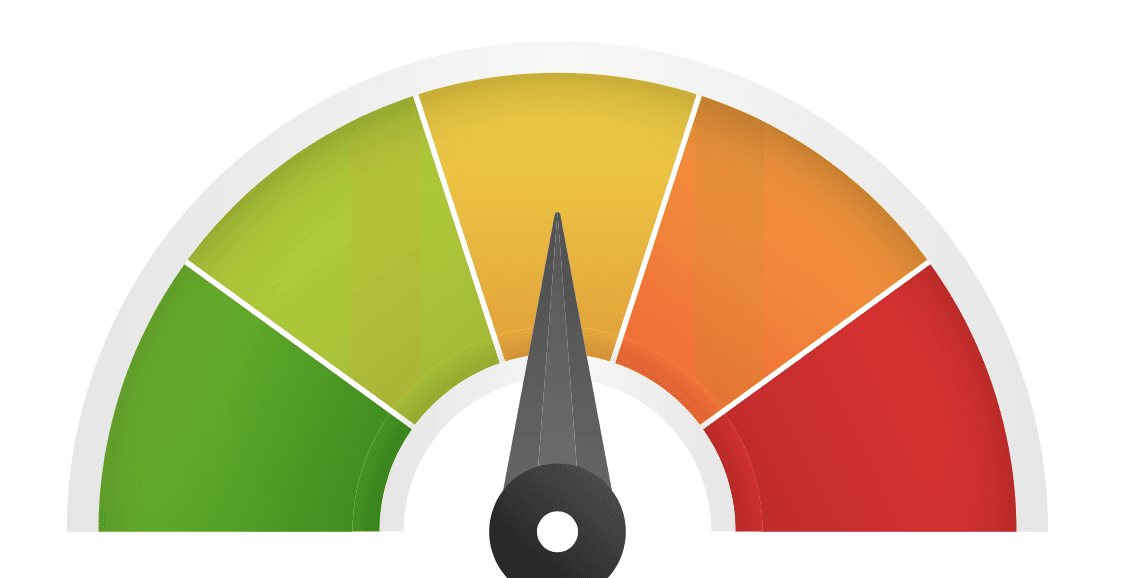Practical mindful techniques for emotional eaters

Emotional eating is more common than you might think - if you struggle yourself, know you are definitely not alone. There are many different techniques to manage emotional eating and it is important to find ones that work for you.
Here are some techniques that many people find useful:
1. Name your emotion out loud
Talking to yourself may seem a bit crazy, right? But, research has found that verbal labelling of negative emotions can help people recover control [1]. In this study, verbal labelling of emotion was shown to reduce activity in the brain’s emotional centres, which in turn allows the brain’s reasoning and thinking centres to have more control. This is linked to mindfulness, as it is all about recognising and acknowledging your emotions, without quickly reacting and letting them take over. Instead trying to disengage from your emotions and choosing a way to react which will be beneficial for yourself.
Instead of thinking you ARE your emotion, whether this is anger, sadness, or maybe fear, try to create distance between yourself and your emotion. Your body is feeling an emotion, but you are simply an observer to this.
Once you've named your emotion, recognised your feelings and have taken some deep breaths, you're likely to have a more steady thought process and be able to make decisions that will benefit you.
2. Slow down & breathe
Emotions are often quick and reactive. As soon as we hear bad news, or hear something that makes us angry, our body reacts, tensing itself. A domino effect can occur, whereby your negative thoughts spiral until you feel like you've lost control. When your body is tense and your brain is firing on all cylinders, it is important to recognise that you are not thinking straight. An easy technique to try and gain control of your emotions is simply to slow down and breathe.
Sit down in a comfortable position, close your eyes and try a breathing technique. One simple breathing technique which has been used to reduce anxiety is the 4-7-8 technique. Breathe in for 4 seconds, hold for 7 and breathe out for 8.
You can also try a shorter version of breathing in for 3 seconds, hold for 4 and breathe out for 5 seconds if you feel more comfortable with that.
3. Rate your hunger
Sometimes we can lose connection with our body and hunger cues, tuning back to these is an important concept of mindful eating. A technique used by many is the ‘hunger-fullness scale’. This is a simple scale of 1-10, with 1 being starving and 10 being painfully full. It can be useful to use this scale before, during and after a meal to tune in with your body's hunger levels. Writing it down is useful to make sure you can reflect and notice any patterns. Also, taking this time to simply recognise whether your body is hungry or not can reduce bouts of emotional eating as it slows you down and makes you re-evaluate why you are doing this.

4. Put it off for 5 minutes
Similar to the slow down technique, when emotions take over and you look to food, simply put it off for 5 minutes. Use this 5 minutes to check in with yourself. Ask yourself how you are feeling. Notice what emotions are controlling you and see if you can do some breathing or meditation. Even if after these 5 minutes you give in to cravings, you are still working towards becoming more aware of your emotions and can begin to put action plans in place.
5. Have an action plan
It is important to plan for success, and going into situations without being prepared can lead to struggles. Think about times you have eaten due to emotions, how did this make you feel? And what could you have done instead which would have benefitted you both physically and mentally?
A useful statement to say aloud and write down is:
“When I feel … I will … “
Examples:
“When I feel stressed I will stretch for 5 minutes”
“When I feel sad I will journal”
“When I feel worried I will paint”
Having these statements written down will act as an action plan, and when you next feel yourself struggling with these emotions, look at your action plan and do what will help you.









